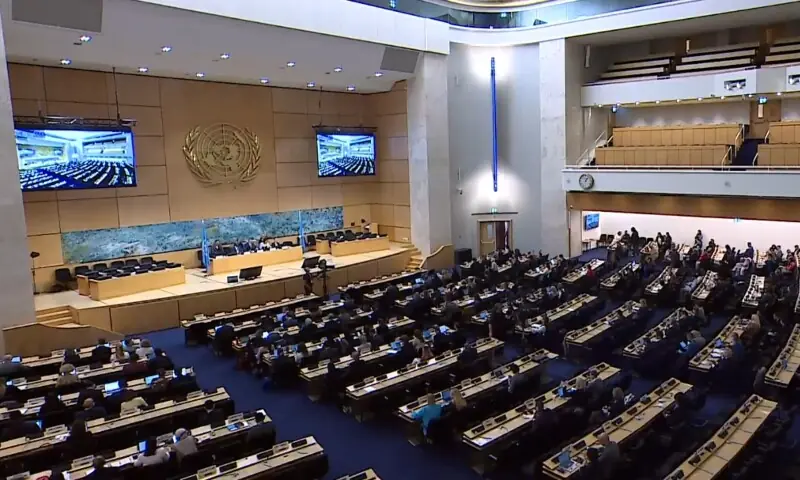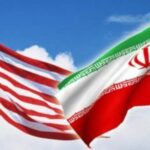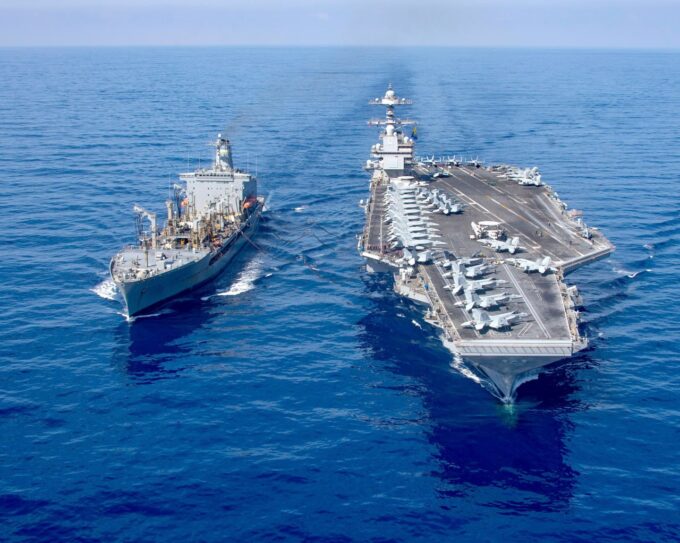The United Nations Human Rights Council (UNHRC) convened an urgent debate on Tuesday after Israel’s September 9 airstrikes on Doha, which targeted Hamas leaders in the Qatari capital and killed five members of the group along with a Qatari security officer. The strikes, carried out as Hamas officials were reportedly meeting to discuss a new US ceasefire proposal for Gaza, have sparked global outrage and heightened fears of a widening regional conflict.
UN human rights chief Volker Türk condemned the attack as “a shocking breach of international law,” describing it as an assault on peace and stability in the Gulf. He urged member states to ensure accountability for what he termed “unlawful killings,” stressing that failure to act would embolden further violations. His call was echoed by dozens of countries, with Qatar’s Minister of International Cooperation Maryam bint Ali bin Nasser Al-Misnad labeling the assault a “treacherous attack” aimed at undermining Doha’s diplomatic role in regional conflict resolution.
Pakistan emerged among the strongest voices of condemnation. Ambassador Bilal Ahmad warned the council that the strikes constituted “a dangerous escalation,” reflecting broader concerns within the Organisation of Islamic Cooperation (OIC) and Gulf Cooperation Council (GCC), which jointly pushed for the urgent debate. For many states, the attack was not seen as an isolated act, but part of a strategy to obstruct mediation channels and diminish Qatar’s credibility as a neutral host in ceasefire negotiations.
The debate laid bare deep divisions in the international community. While Israel and its main ally, the United States, were absent—having disengaged from the council earlier this year—Israel’s ambassador in Geneva, Daniel Meron, dismissed the proceedings as “another shameful chapter” in what he described as the council’s “anti-Israel propaganda.” He accused the UN body of ignoring Hamas’s “atrocities” while amplifying criticism of Israeli actions.
However, Israel found little support in the chamber. The European Union reiterated its opposition to terrorism but underscored its support for Qatar’s sovereignty and territorial integrity, urging Israel to uphold international law. China’s representative was more forceful, branding the strike “a deliberate attempt to derail the negotiation process.” Meanwhile, South Africa, which is pursuing a genocide case against Israel at the International Court of Justice, argued that the attack revealed Israel’s unwillingness to end what it termed a “genocidal war” in Gaza.
The rare convergence of voices—from Europe, Asia, Africa, and the Middle East—signals growing unease over Israel’s military reach beyond Gaza and its implications for regional diplomacy. The Qatar strike has amplified calls for concrete measures to hold Israel accountable, with several countries warning that unchecked impunity could destabilize broader mediation efforts and entrench conflict across the region.












Leave a comment